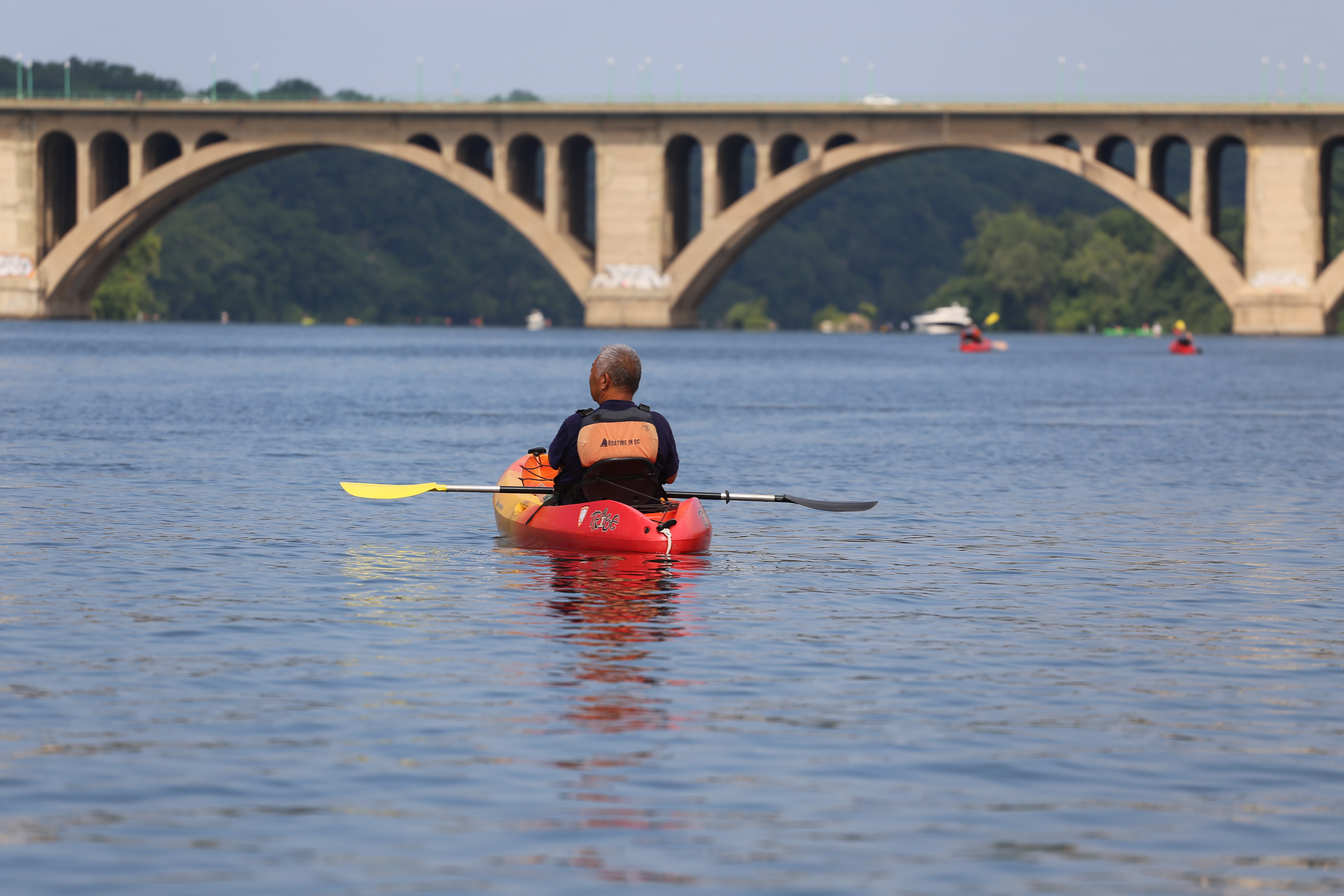Three Cheetah cubs are the latest whiskered felines to join the Smithsonian Conservation Biology Institute's family of wild cats.
Born Sept. 22, the three unnamed cubs were born to a first-time mother, Sukiri, at the SCBI's facility outside Front Royal, Virginia.
Sukiri has been an attentive and caring mother for the baby cheetahs, who have been monitored through cameras inside the cheetah den and through visual check-ins, staff said. They appear to be doing well.
"It is especially exciting to see Sukiri bonding with and successfully raising these cubs," cheetah biologist Adrienne Crosier said in a statement.
Sukiri and her two brothers were raised by SCBI staff after their mother was not able to care for them: The three cubs spent three months in the SCBI's veterinary hospital after they received puncture wounds from their mother's teeth after she carried them aggressively. They survived after multiple surgeries and grew to be adults.
Now Sukiri is a mother herself.
“We always want moms to raise their own cubs because it increases the probability that those cubs will breed and raise their own cubs as adults. Sukiri was clearly able to adapt, and being hand-reared has not affected her ability to raise cubs at all,” Crosier said.
The Scene
The most fun things to do and places to be in D.C., Maryland and Virginia
The cubs will be kept at the Institute at least until they are sexually mature, which usually happens between 18 and 23 months, a representative said.
The three cub births follow the births of seven other cheetah cubs at the Institute in July. Since 2007, 13 litters of cheetah cubs have been born at the SCBI, with 44 cubs surviving from the total 56 born.
There are currently no plans to move the cubs to the National Zoo, but the SCBI will make a decision based on the recommendations of the Species Survival Plan, a program from the American Association of Zoos and Aquariums that works to ensure the survival of threatened or endangered species in the wild.
The International Union for Conservation of Nature lists cheetahs as a "vulnerable" species in the wild. Only about 7,000 cheetahs live in the wild.



